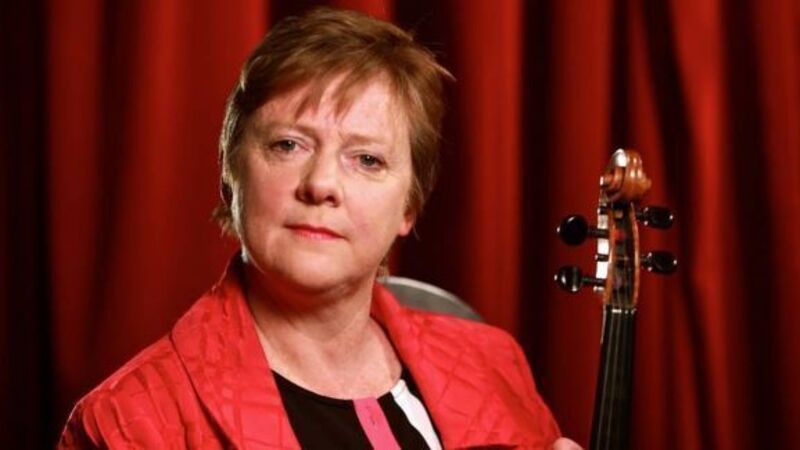Music must hit right note in schools

Ireland trades heavily on its image as a musical nation. Our national symbol is after all a musical instrument — the harp. But the reality is that less than 1% of our primary school children learn to play a musical instrument.
The primary school Arts curriculum states that it seeks ‘to provide for sensory and creative enrichment and contribute to all children’s holistic development. Note the word ‘All’!
There are a number of ‘blockers’ preventing some form of instrumental tuition provision for every student in primary schools. Some teachers report feeling uncomfortable with delivering this area of the curriculum, particularly as a proficiency in music has been dropped as an entry requirement for teacher training colleges. Concerns about literacy and numeracy levels have put a question mark over time spent on other areas. That’s before we get to the negligible spend on musical instruments in our education system. There has been more emphasis on getting computers than pianos into schools in my experience.
The Music Network 2003 report into music education in Ireland put the number of primary school students accessing extra-curricular instrumental tuition at 0.2% in Ireland, well below European averages — a staggeringly low statistic. A decade later, my experience working in several counties suggests that the figure is still valid. Social class and gender all play a part in the homogenous nature of the relatively small pool of music students. Generally, musical instrument tuition is seen as the preserve of the extra-curricular sphere, an optional extra for those with funds and enthusiastic parents but not essential.
Rounding up those students who are receiving lessons outside school for an ensemble to add a sheen of prestige to school events doesn’t constitute an inclusive school music programme and can leave many students and their parents feeling excluded. Neither does the practice of withdrawing a few selected students for fee paying individual tuition during school hours do much to foster a culture of inclusive music making in any school.
Choral singing is an accessible form of musical activity, not requiring expensive instruments. In secondary schools, choirs are commonly time-tabled for girls but tend to be an optional extra-curricular activity in mixed and boys’ schools, with notable exceptions.
The GAA get it. The organisation recognises that the best way to create a common culture and reach the widest cohort is through the primary schools. The organisation funds an inclusive basic skills programme of education and training for boys and girls with a nationwide system of dedicated coaches to primary schools. How did a Dublin hurling team get to the 2012 hurling semi-final? Fifty paid coaches integrated into county school sports programmes is how!
Among the testimonials I have received, one that gives me pleasure is that sent to me by a nine-year-old girl in a primary school class in Clare. “I first picked up a violin when I was in fourth class and we did it in school for a whole year. I enjoyed it so much that for Christmas my mum and dad got me a violin. I enjoy violin a lot more than I thought I would. I just love it.”
If Ireland wants to forge a common culture of participation in the arts, we need to put musical activity on the curriculum in more than a token way for all our students and not just a chosen few.















